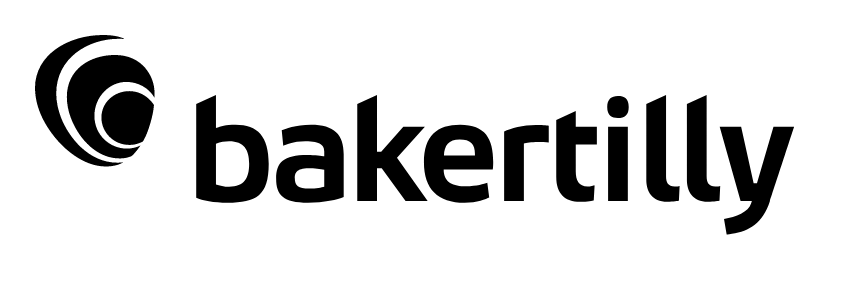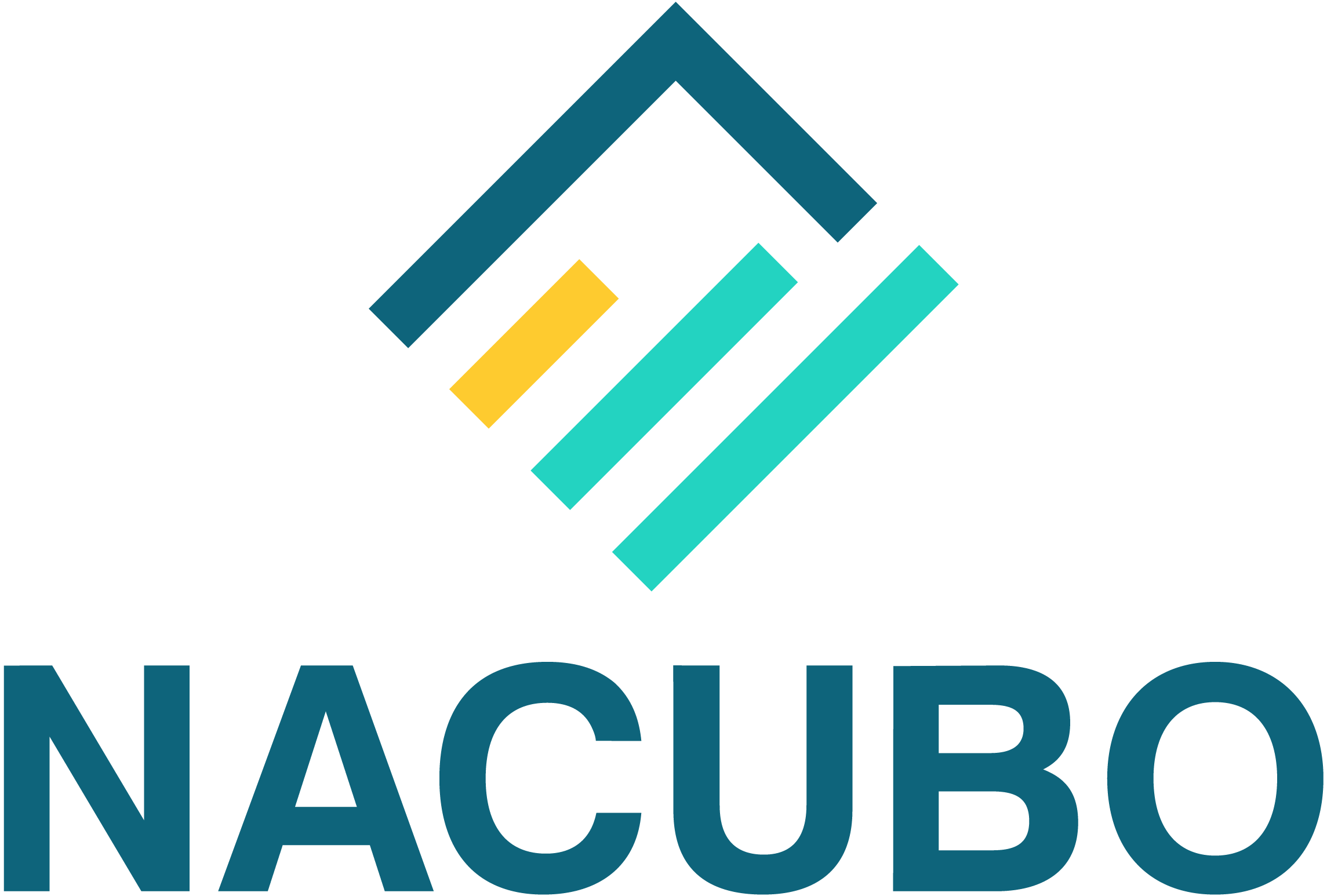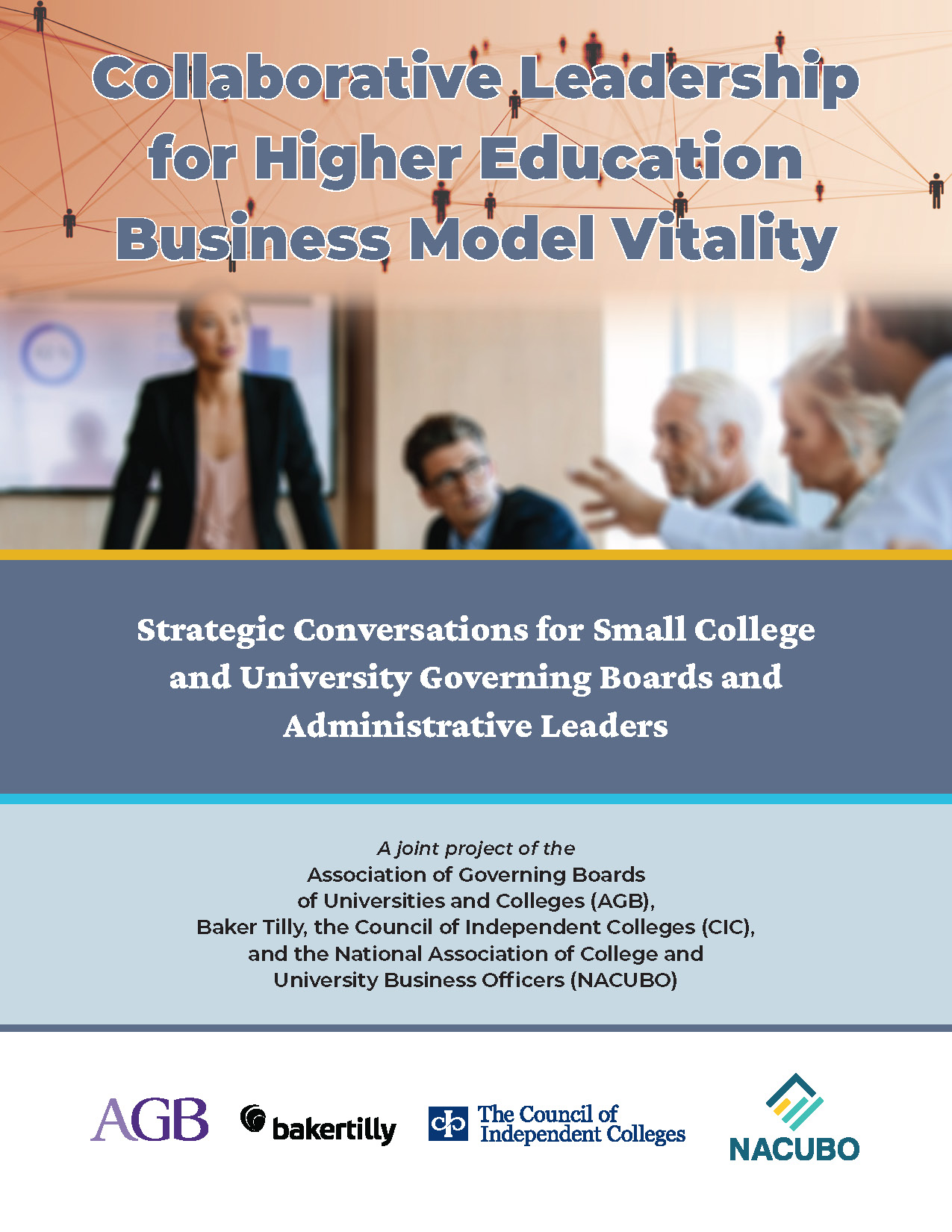
Boardroom Conversations
Early, candid, and frequent conversations are key for boards addressing the vitality of their institution’s business model. Initial conversations establish the roles and responsibilities of the key members of the institution’s leadership. This role clarity is essential for establishing the inclusive leadership model necessary for building trust among the leaders themselves, and for engaging in the strategic planning process that establishes revitalization goals and secures the confidence of other internal and external stakeholders in the decisions taken by the governing board and senior leadership to adapt or transform the institution.
The next set of leadership conversations ensures that a sound governance model and the appropriate management infrastructure are in place, along with a clear understanding of the state of the institution’s current business model and its market position. These conversations prime board members and administrative leaders for the next round of intensive conversations—a strategic planning process that establishes the institution’s path forward with well-articulated goals and objectives.
Implementation of the goals and objectives in a strategic plan triggers a follow-on conversation about the selection of the necessary tools to measure the success toward the goals over time and evaluate risk in tandem with an early warning system to alert all parties of any material deviation from the plan.
An integral part of any institution’s strategic planning initiative must be a commitment to spend the time and effort to undertake a business continuity planning process. These discussions are essential to evaluating the available options when a mid-course correction may be required, as well as the necessary investment in staffing and resources to support any innovative programs or proposed strategic initiatives.
In addition to these conversations, due to the multidimensional complexity of organizational transformation, governing boards and senior leadership must also develop a situational awareness of the business risk confronting the institution. They must have knowledge of the portfolio of tools available to mitigate those risks. Moreover, they must appreciate that organizational transformation cannot happen in just one business unit; transformative change takes time and must take place across an entire organization. The dialogue between governing boards, presidents, and chief financial officers (CFOs) required to develop this level of knowledge is essential in developing confidence that any proposed changes to the business model will work, have the necessary shared urgency, and achieve the desired outcome.
Browse below for tools that can help your board have these challenging, but important, conversations.














